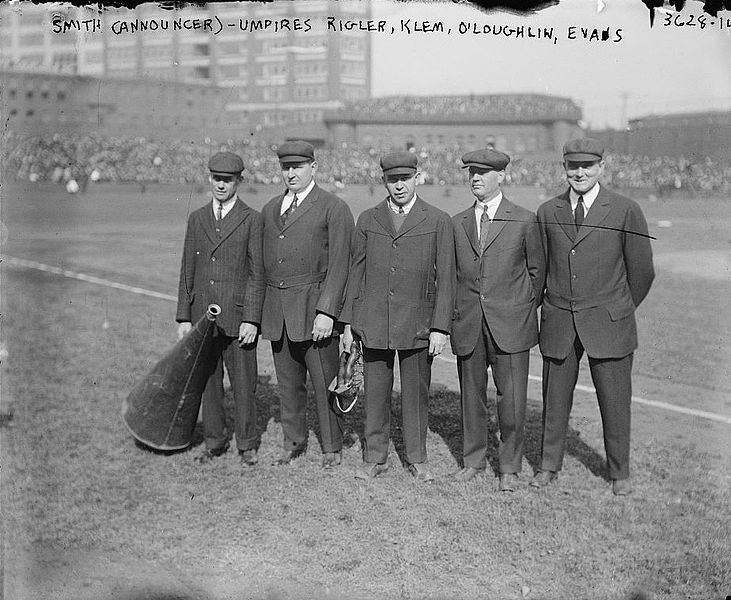The human mind is really good at justification and rationalization and delaying responsibility, so it’s not surprising that a cleverly designed recent study reveals that we’re much more likely to answer printed questions honestly when we’re asked to sign the form at the beginning rather than the end. From John Timmer at Ars Technica:
“Their hypothesis was that ‘signing one’s name before reporting information (rather than at the end) makes morality accessible right before it is most needed, which will consequently promote honest reporting.’
To test this proposal, they designed a series of forms that required self reporting of personal information, either involving performance on a math quiz where higher scores meant higher rewards, or the reimbursable travel expenses involved in getting to the study’s location. The only difference among the forms? Some did not ask for a signature, some put the signature on top, and some placed it in its traditional location, at the end.
In the case of the math quiz, the researchers actually tracked how well the participants had performed. With the signature at the end, a full 79 percent of the participants cheated. Somewhat fewer cheated when no signature was required, though the difference was not statistically significant. But when the signature was required on top, only 37 percent cheated—less than half the rate seen in the signature-at-bottom group.”


